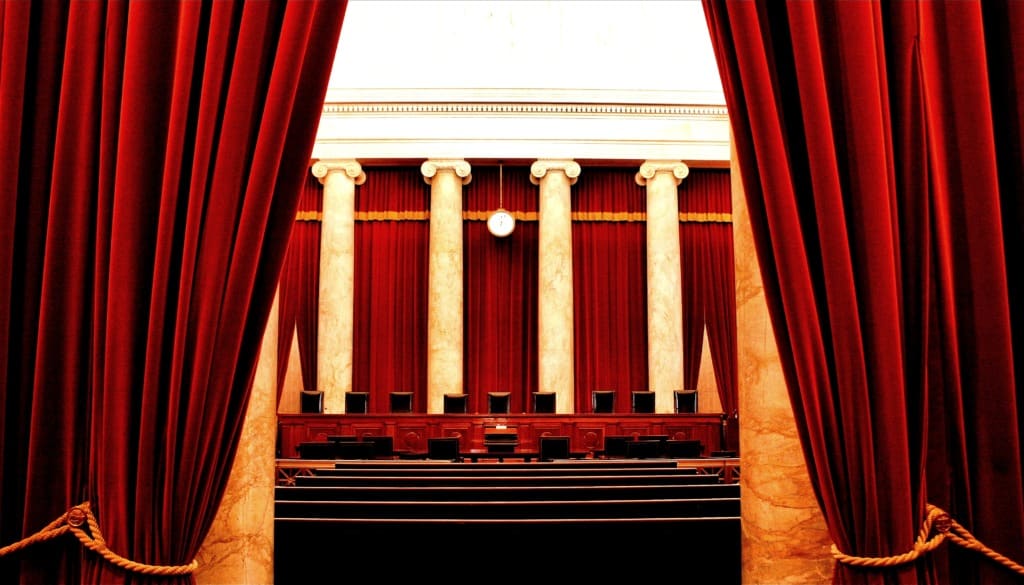David L. Sloss
Northwestern Pritzker School of Law

David L. Sloss is the John A. and Elizabeth H. Sutro Professor of Law at Santa Clara University. He is the author of The Death of Treaty Supremacy: An Invisible Constitutional Change (Oxford Univ. Press, 2016) and Tyrants on Twitter: Protecting Democracies from Information Warfare (Stanford Univ. Press, forthcoming 2022). He is the co-editor of International Law in the U.S. Supreme Court: Continuity and Change(Cambridge Univ. Press, 2011) and sole editor of The Role of Domestic Courts in Treaty Enforcement: A Comparative Study (Cambridge Univ. Press, 2009). He has also published several dozen book chapters and law review articles. His book on the death of treaty supremacy and his edited volume on international law in the U.S. Supreme Court both won prestigious book awards from the American Society of International Law. Professor Sloss is a member of the American Law Institute and a Counsellor to the American Society of International Law. His scholarship is informed by extensive government experience. Before entering academia, he spent nine years in the federal government, where he worked on U.S.-Soviet arms control negotiations and nuclear proliferation issues.
Supreme Court Likely to Shield Internet Platforms from Liability for Terrorist Acts
On February 21 and 22, the Supreme Court heard oral arguments in two companion cases regarding the liability of internet platforms for terrorists’ use of their services. Gonzalez v. Google concerns the scope of immunity for internet companies under 47 U.S.C § 230, specifically whether that statutory grant of immunity covers a platform’s automated suggestions…
Continue ReadingSupreme Court to Consider Tech Companies’ Liability for Terrorism
On February 21 and 22, the Supreme Court will hear oral argument in two cases, Gonzalez v. Google and Twitter v. Taamneh, that raise questions about how a civil cause of action set forth in the Anti-Terrorism Act (ATA) applies when known terrorist organizations use social media services. Both cases involve terrorist attacks (in Paris…
Continue Reading

